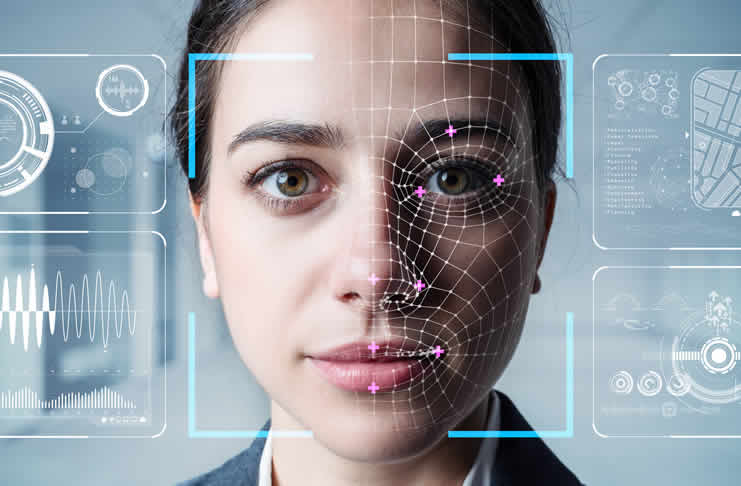Table of Contents
One cutting-edge field that is revolutionizing the way businesses approach marketing is biometric marketing. It’s not just about demographics or online behavior anymore; it’s about tapping into the very signals our bodies emit to tailor marketing campaigns. Biometric marketing is essentially a paradigm shift in the world of marketing. It leverages the power of our own bodies, much like deciphering the ancient mysteries of the Book of Dead, to create campaigns that resonate with people on a human level.

Understanding Biometric Marketing
Traditional marketing strategies often rely on broad assumptions about consumer behavior based on demographics, location, or online history. While these methods can be effective to some extent, they lack the personalization that truly resonates with individuals. Biometric marketing takes a giant leap forward by using data derived from our own bodies to gain insights into consumer preferences, emotions, and responses.
Imagine a scenario where an individual interacts with an advertisement, and the marketing system detects subtle changes in their heart rate, facial expressions, or even body temperature. These physiological cues provide valuable information about the individual’s emotional state and level of engagement. Are they excited? Bored? Intrigued? By understanding these signals, businesses can tailor their messages in real-time to better connect with their audience.
The Power of Physiological Data
One of the key components of biometric marketing is the use of physiological data. This includes monitoring heart rate, skin conductance, and even eye movement. These physiological cues can reveal a wealth of information about a person’s emotional response to a marketing campaign.
For instance, when a customer’s heart rate increases while viewing an advertisement, it could indicate excitement or interest. On the other hand, a sudden drop in heart rate might suggest boredom or disinterest. By continuously analyzing these biometric signals, marketers can adapt their content, tone, and timing to create a more engaging experience.
Facial Expression Analysis
Another fascinating aspect of biometric marketing is facial expression analysis. Advanced technology can now detect micro-expressions and subtle changes in facial features that are often imperceptible to the naked eye. This allows marketers to gauge a person’s emotional reaction to an advertisement with remarkable precision.
For instance, if a person watching a video advertisement smiles genuinely when a particular product is showcased, it indicates a positive emotional connection. On the flip side, if they furrow their brows or exhibit signs of frustration, adjustments can be made to address their concerns or objections immediately.
Behavioral Insights
Biometric marketing doesn’t stop at physiological data; it also incorporates behavioral insights. Tracking how individuals navigate through a website or mobile app provides valuable information about their preferences and interests. This data can be used to personalize content, recommend products, or optimize user experiences.
For example, if a customer frequently searches for hiking gear on an outdoor retailer’s website, the system can dynamically display hiking-related products and content during their future visits. This level of personalization enhances the user experience and increases the likelihood of conversion.
Privacy and Ethical Considerations
While the potential of biometric marketing is undeniable, it also raises important ethical and privacy concerns. Collecting and analyzing biometric data must be done transparently and with the user’s consent. Consumers need to have control over how their data is used and the option to opt out if they wish.
Businesses must also ensure the security of this sensitive data to protect against potential breaches. The responsible use of biometric information is crucial to maintain trust and credibility in the marketing industry.
Also Read: Psychology of Board Games and Student Behavior
The Future of Marketing: Personalization Redefined
In a world where consumers are inundated with generic advertisements, biometric marketing offers a refreshing approach. It humanizes marketing by connecting with individuals on a deeply personal level, understanding their emotions, and responding in real-time. It’s not just about selling products; it’s about building meaningful relationships between brands and customers.
As technology continues to advance, the possibilities in biometric marketing are limitless. From wearable devices that provide real-time feedback to AI-powered algorithms that predict consumer behavior, the future promises even more sophisticated and personalized marketing experiences.


